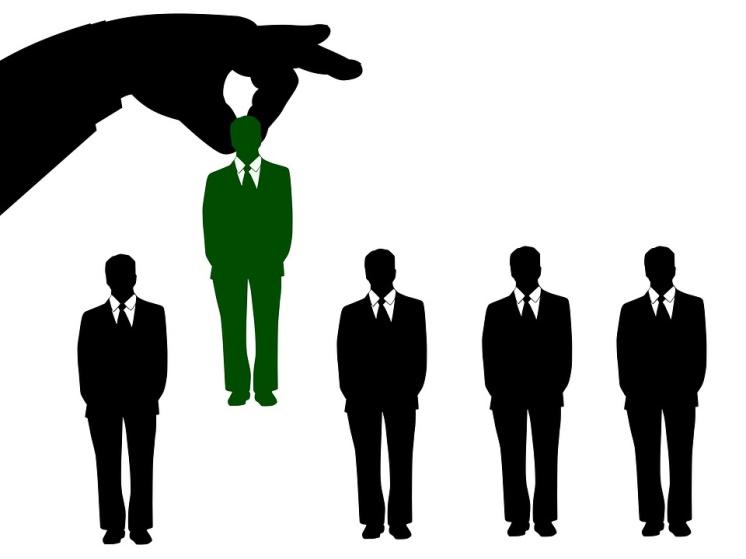The United Nations has declared access to Internet as a human right in a recent report. “Given that the Internet has become an indispensable tool for realizing a range of human rights, combating inequality, and accelerating development and human progress, ensuring universal access to the Internet should be a priority for all states,” said the report from Frank La Rue, a special rapporteur to the United Nations. You can find more info on this report here on the LA Times.
The declaration of access to Internet as a human right is to be viewed against the backdrop of a clamor from governments across the world to enact better regulation of the Internet. Obviously, governments don’t like leaks of any kind, more so if it is a wiki kind. The most recent call came from the French President Mr.Sarkozy for tougher regulation at the e-G8 forum that took place in May at Paris. Industry leaders like Google, Facebook and Twitter who shared the platform at e-G8, however differ that the Internet should be left to regulate itself. The lines are clearly divided.
Here is an interesting alternative take on cyber-utopianism from author and journalist, Evgeny Morozov. (as always, beautifully animated by the RSA!).
This talk was given in 2009 and he obviously didn’t see Tunisia and Egypt coming at that time, though he is right in saying that many regimes across the world curb or try to control access to the Internet. He also tends to over-simplify things while applying Maslow’s hierarchy of needs, to how people use the Internet. With or without the Internet, pornography has existed since mankind. It is wrong to assume that people who are operating at the bottom of the needs hierarchy may / will not move to a higher aspiration level if a need arises. Such needs arise when there is oppression, persecution and curtailing of basic human rights. And the Internet along with the mobile helps to propagate activism much faster, much wider than any previous medium of expression available to mankind (radio, telephone, fax, print).
The Arab spring uprisings in Egypt, Tunisia, Yemen and other countries has clearly demonstrated the important role that the Internet plays in freedom of expression and any move from an autocratic to a democratic society. The benefits of a relatively less regulated Internet, far outweigh the negatives. And even if repressive governments bring in regulations or clamp down, the Internet is a lot more complexly connected for it to be completely curbed. Unlike other media that can easily be clamped down on, this is far more difficult if not impossible. Like the US govt. with all its state machinery at hand, found that it could do little to stop Wikileaks from continuing to leak information.
Yes, there is no refuting the dire need for better regulation to control cyber terrorism, cyber crimes, abuse, exploitation of children by pedophiles, identity theft and piracy. But regulation should not curb freedom of expression or the interactivity that has made the Internet what it is.
I will try to showcase how the Internet is leading to economic development and human progress in this part of the world (developing nations / emerging economies) in my next post.
Sunder P
CEO

